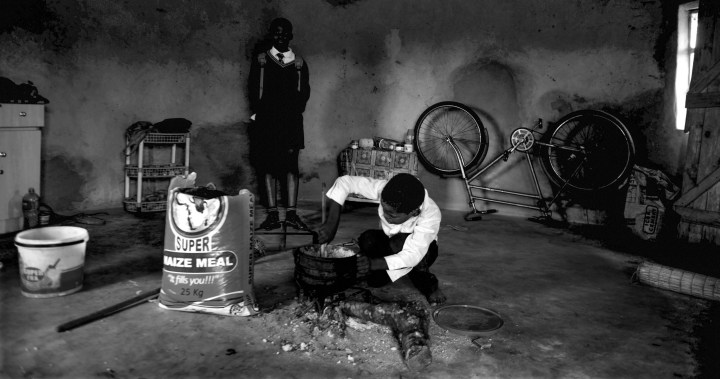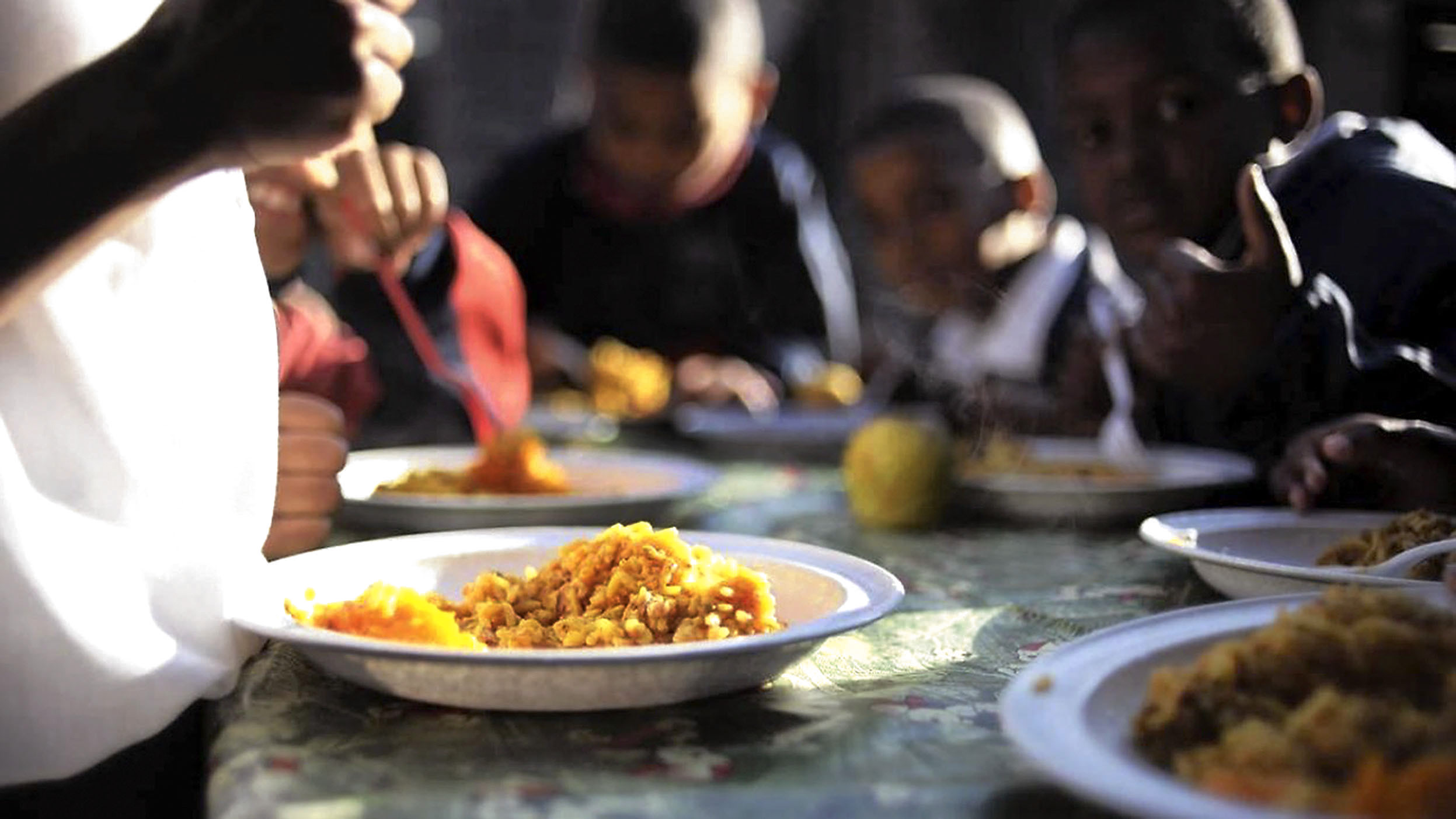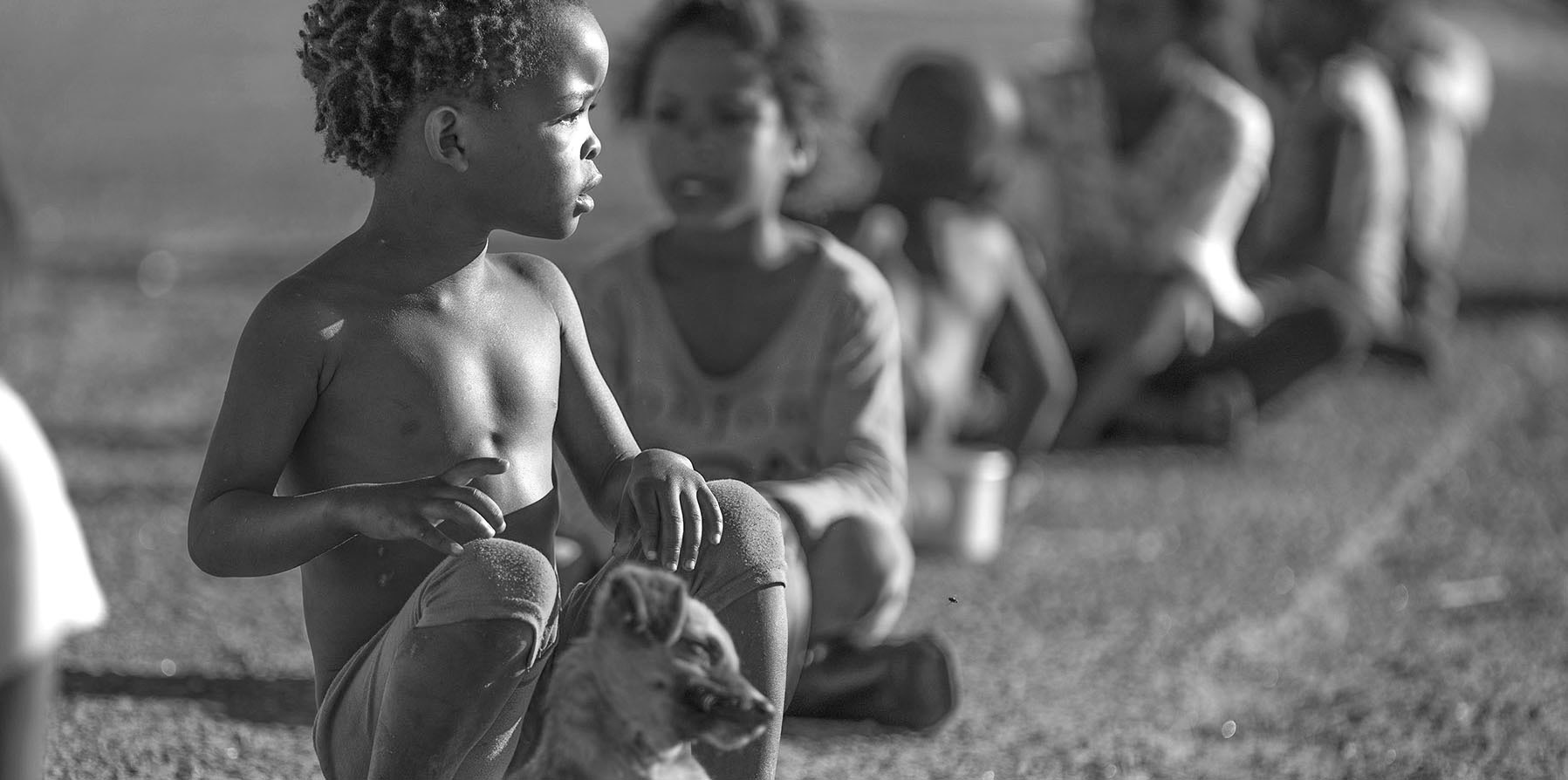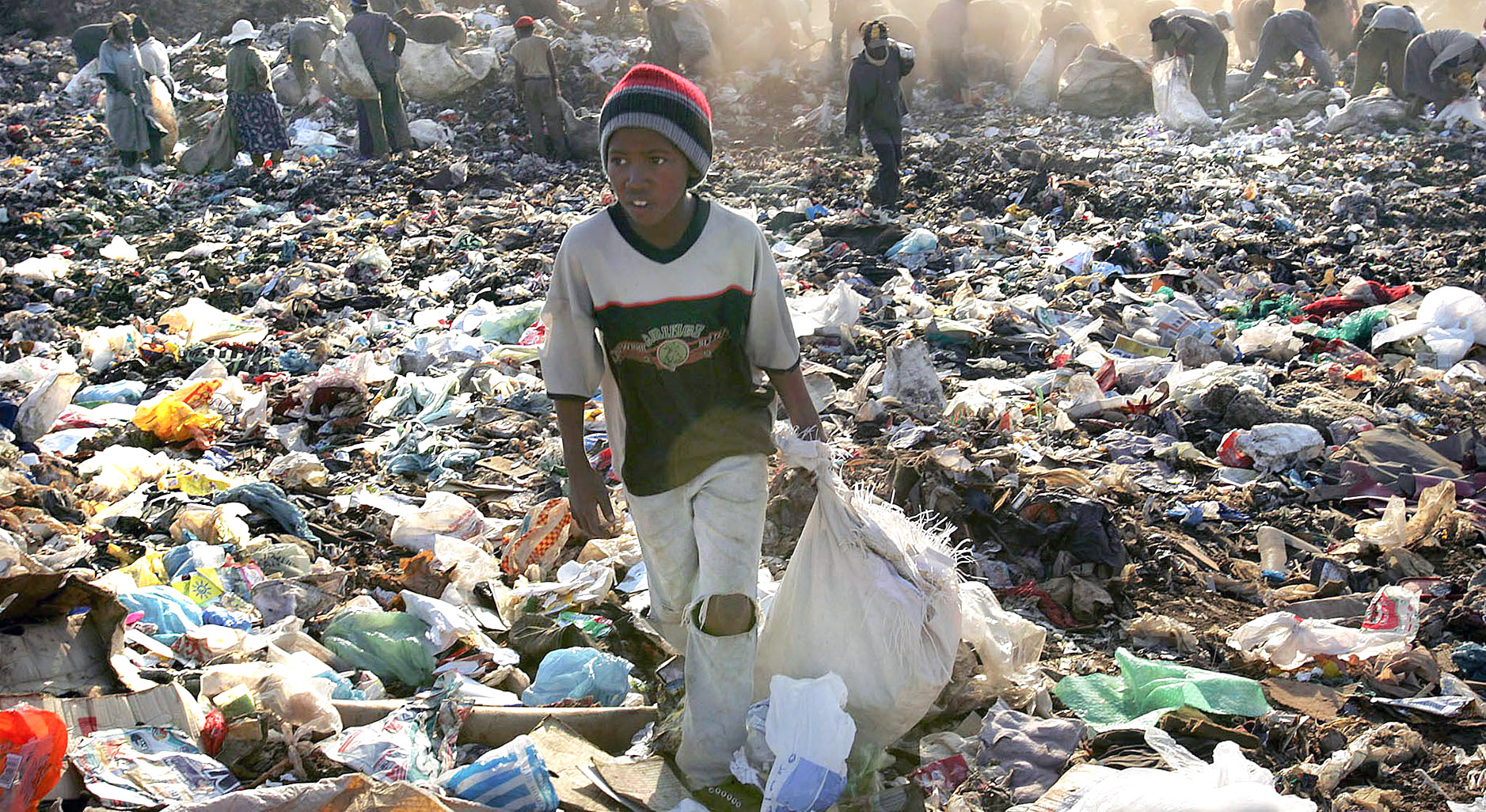
Maverick Citizen Op-Ed
UN Food Systems Summit: Less talk, more action is needed to secure a healthy future for our children

We cannot build a nation on a weak foundation; adequate nutrition is the first essential building block for good health, brain development and economic prosperity, and the future of our country depends on it.
Duduzile Mkhize is the Head of Communications at Grow Great
Today as our leaders participate in the UN Food Systems Summit, South Africa’s children continue to grapple with stunting from chronic malnutrition that has remained stubbornly high for at least the last two decades. At national level South Africa is considered to be a food-secure country, but at household level, accessing nutritious food continues to be a major challenge for a significant number of households.
Even before the Covid-19 pandemic, national nutrition surveys estimated that 77% of children between the ages of six and 23 months did not receive a minimally acceptable diet and that almost 2.5 million young children in South Africa lived below the food poverty line, ie, there was insufficient money in their households to cover the cost of their basic nutritional needs.

Even before the Covid-19 pandemic, national nutrition surveys estimated that 77% of children between the ages of 6 and 23 months did not receive a minimally acceptable diet and that almost 2.5 million young children in South Africa lived below the food poverty line i.e. there was insufficient money in their households to cover the cost of their basic nutritional needs.
(Photo: African News Agency (ANA) Archives/Wikipedia)
Local studies conducted over the past 18 months confirm our fears that the Covid-19 pandemic has made a very bad situation much worse. The latest NIDS-CRAM survey has shown that child hunger has worsened as a result of the pandemic and a study conducted by the Grow Great Campaign in the Western Cape in October 2020 found that 40% of pregnant women reported going to bed hungry at least once in the week prior.
It is likely that our stunting prevalence, estimated at 27% in 2016, has also increased over the same period. This is particularly worrying as stunting has long-term effects for children’s health, education and economic prospects.
Stunted children perform worse at school than their non-stunted counterparts, they are less likely to finish school, they are more likely to live in poverty and unemployment as adults, they are at risk of chronic diseases like diabetes, heart disease and hypertension in adulthood, they have lower life expectancies than non-stunted children and perhaps worst of all, they are vulnerable to being trapped in intergenerational cycles of poverty, because stunted mothers are more likely to have stunted children.

The NIDS-CRAM survey estimates that child hunger has worsened as a result of the Covid-19 pandemic. (Photo: EPA-EFE/Nic Bothma)
Malnutrition in the first five years of life not only costs young children the opportunity to live full and productive lives as adults, but is also an underlying cause of mortality in the majority of infant deaths. It is for these reasons that it is crucial that ways are found to mitigate the economic and nutritional impact of the Covid-19 pandemic on all people in South Africa, particularly children who may suffer long-term irreversible effects on brain development as a result of chronic malnutrition.
Two immediate things can be done:
- Increase the Child Support Grant to the food poverty line and expand its beneficiary base to include pregnant women; and
- Adequately support and train community health workers (CHWs) to identify early children who have fallen through the cracks.
South Africa is estimated to have a workforce of approximately 60,000 CHWs, who if properly supported, adequately trained and sufficiently and consistently paid, could play a critical role in helping us regain the lost ground in maternal and child nutrition outcomes that we now grapple with as a result of the pandemic.
Local evidence suggests that when CHWs are adequately trained and supported they can play a significant role in improving maternal and child health outcomes.

A young boy on school holiday collects paper and metal on a rubbish dump in Soweto to make money. (Photo: EPA/Kim Ludbrook)
A study conducted in Khayelitsha in 2016 found that households routinely visited by CHWs working for the Philani Maternal, Child Health and Nutrition Trust, an NGO that specialises in training and supporting CHWs, demonstrated statistically significant improvements in reduced stunting levels and child health compared to households that did not benefit from a Philani CHW.

Increasing the Child Support Grant to the food poverty line is one of the ways to mitigate the economic and nutritional impact of the Covid-19 pandemic on all people in South Africa, particularly children. (Photo: Gallo Images / Foto24 / Lucky Maibi)
Unfortunately, the Philani example is the exception rather than the rule, and for the most part CHWs are poorly supported, poorly trained, inadequately and erratically remunerated and not provided with the necessary equipment to perform their role in communities well.
We owe it to our country’s CHWs and the vulnerable communities who depend on them to provide this essential workforce with the income security, training, support and equipment that they deserve to continue their valiant fight at the frontline.
As South Africa participates in today’s UN Food Systems Summit deliberations, we would like to see the talk translate into local action. We cannot build a nation on a weak foundation; adequate nutrition is the first essential building block for good health, brain development and economic prosperity, and the future of our country depends on it. DM/MC
"Information pertaining to Covid-19, vaccines, how to control the spread of the virus and potential treatments is ever-changing. Under the South African Disaster Management Act Regulation 11(5)(c) it is prohibited to publish information through any medium with the intention to deceive people on government measures to address COVID-19. We are therefore disabling the comment section on this article in order to protect both the commenting member and ourselves from potential liability. Should you have additional information that you think we should know, please email [email protected]"





 Become an Insider
Become an Insider